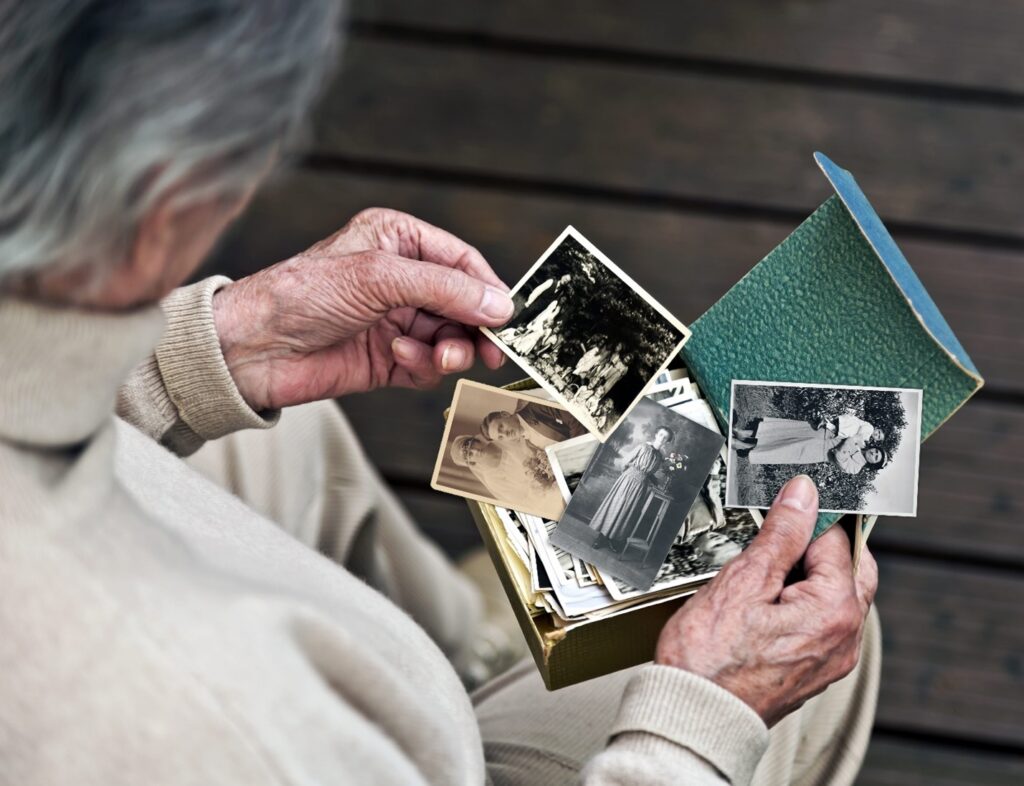
Biographies have long served as a conduit for change, offering readers intimate insights into the lives of individuals whose actions have shaped history. These stories transcend the personal, resonating with audiences and inspiring movements that redefine societies. Through the lens of biographies, we see the human side of monumental events, the struggles that drive innovation, and the perseverance that fuels revolutions. For those like William Montgomery Cerf, who deeply appreciate the power of such narratives, a single story can illuminate the broader contexts of change, acting as both a mirror and a catalyst for societal progress.
Inspiration for Social Change
Some biographies capture the stories of individuals who have transformed their societies through activism and advocacy. These narratives provide blueprints for those who seek to address injustices and challenge the status quo. Figures such as Mahatma Gandhi and Martin Luther King Jr. have become synonymous with the struggle for equality and nonviolent resistance, their biographies serving as timeless resources for those working toward social justice.
These stories remind us that the seeds of monumental change often begin with personal conviction. By documenting the lives of those who dared to challenge oppression, biographies preserve the spirit of their struggles, enabling future generations to draw from their wisdom and courage.
Political Movements Sparked by Life Stories
Biographies of political leaders often provide a roadmap for understanding the evolution of governments and ideologies. The story of Nelson Mandela, as chronicled in Long Walk to Freedom, offers an intimate look at the personal sacrifices and strategic decisions that led to the dismantling of apartheid in South Africa. Through Mandela’s narrative, readers are transported into the heart of a movement that redefined a nation’s identity.
These biographies don’t merely recount historical events; they highlight the moral dilemmas, failures, and triumphs that shaped a leader’s journey. They offer a unique lens through which to understand the complex interplay between personal experiences and broader political forces, making them invaluable resources for both scholars and activists.
Cultural Shifts Through Artistic Lives
The biographies of artists, writers, and musicians often reveal the intricate connections between creativity and cultural transformation. Figures like Frida Kahlo and James Baldwin lived lives that were as provocative as their art, pushing boundaries and challenging societal norms. Their biographies not only document their creative processes but also provide context for understanding the cultural revolutions they helped ignite.
By delving into the lives of these trailblazers, readers gain a deeper appreciation for the ways in which art and culture intersect with social and political change. These stories underscore the power of creative expression as a tool for questioning, inspiring, and ultimately reshaping societal values.
Lessons in Leadership
Biographies often serve as case studies in effective leadership, highlighting the qualities that enable individuals to inspire and mobilize others. The story of Abraham Lincoln, for instance, is not just a chronicle of a presidency but a testament to the resilience and vision required to navigate one of the most tumultuous periods in American history.
Lincoln’s biography demonstrates how humility, empathy, and determination can coalesce into transformative leadership. For readers, such stories provide actionable insights into the art of guiding communities through challenges, whether on the battlefield, in the boardroom, or within grassroots movements.
Biographies as Catalysts for Empathy
The power of biographies lies not only in their ability to inspire but also in their capacity to foster understanding. By immersing readers in the lives of others, biographies break down barriers of culture, class, and ideology. They enable readers to experience the world through someone else’s eyes, cultivating empathy and a deeper appreciation for the diversity of human experience.
Consider the biography of Malala Yousafzai, I Am Malala. Her story of courage in the face of violence has galvanized global support for girls’ education. By sharing her personal experiences, Malala has humanized a global issue, turning statistics into stories and apathy into action.
Revolutionizing Historical Narratives
Biographies have also played a pivotal role in reshaping historical narratives, challenging dominant perspectives, and giving voice to those previously marginalized. The life story of Harriet Tubman, for instance, reveals the extraordinary courage and resourcefulness of a woman who defied the odds to lead hundreds to freedom via the Underground Railroad. Her biography not only celebrates her achievements but also reframes the history of slavery and resistance in the United States.
Through such stories, biographies contribute to a more inclusive and accurate understanding of history. They challenge readers to confront uncomfortable truths while celebrating the resilience and ingenuity of those who have fought for justice.
The Enduring Impact of Biographies
The biographies that have changed the world share a common thread: they transcend the personal to illuminate universal truths about the human condition. Whether documenting the life of a revolutionary leader, a groundbreaking artist, or an ordinary individual whose courage defied convention, these stories resonate because they reflect the struggles and triumphs that define us all.
Biographies act as bridges between the past and the present, connecting readers with the legacies of those who came before. They remind us that while history is shaped by forces beyond any single individual, the contributions of courageous and visionary people have the power to alter its course.
Conclusion: Stories That Shape the Future
The impact of biographies extends far beyond the pages of a book. These life stories inspire action, challenge perceptions, and preserve the cultural and historical identity of societies. By exploring the journeys of those who dared to dream, create, and fight for change, readers are empowered to write their own stories of impact.
Biographies remain one of the most potent tools for understanding the past and imagining the future. They invite us to see the world not only as it is but as it could be, reminding us that the lives of individuals—when told with honesty and depth—have the power to transform societies and shape the arc of history.